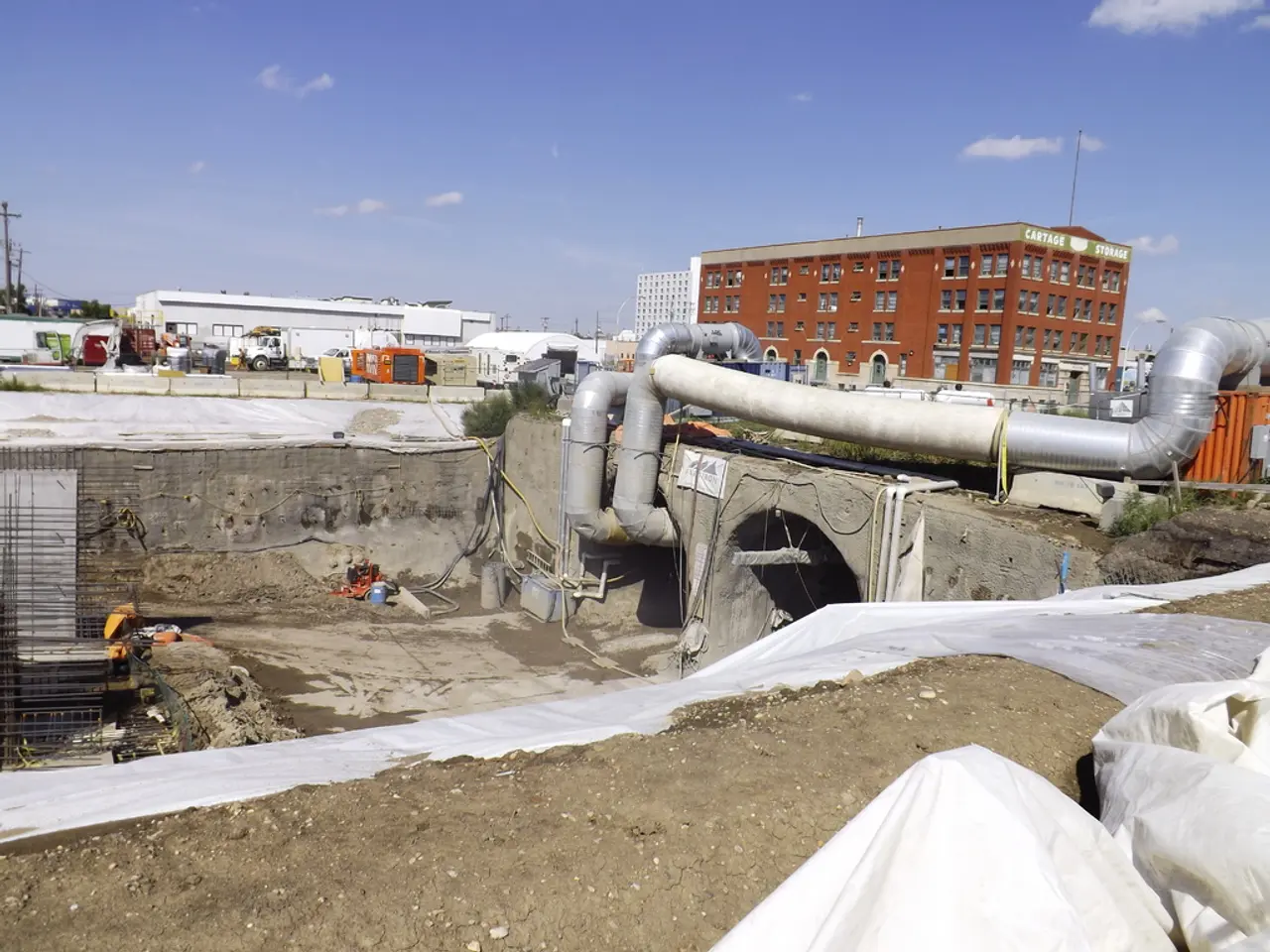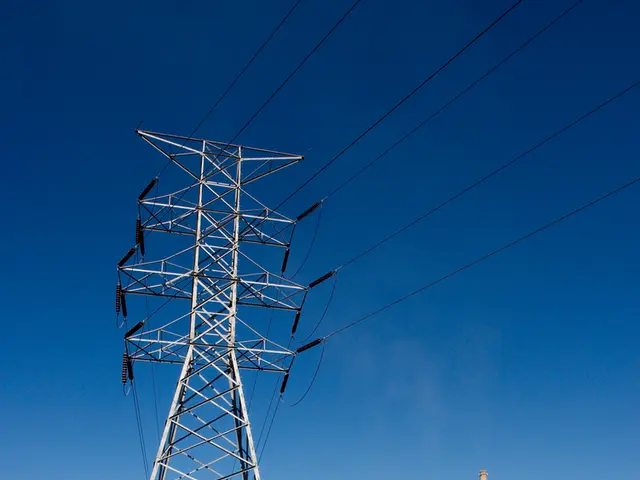Heated Debate in Congress Over Geoengineering's Risks and Rewards
A heated debate unfolded in Washington as lawmakers discussed the contentious topic of geoengineering. Rep. Melanie Stansbury (D-NM) sounded the alarm about past threats to scientific integrity, while Rep. Marjorie Taylor Greene (R-GA) proposed stringent measures against climate intervention. The hearing, held by the Subcommittee on Delivering on Government Efficiency, explored the uncertain science and potential risks of geoengineering.
Stansbury highlighted the Trump administration's actions against scientists and science agencies, warning that such actions posed a danger to the nation. She pleaded for support of science, emphasizing the need for evidence-based policy-making. Meanwhile, Greene called for an outright ban on geoengineering, introducing her 'Clear Skies Act' with severe penalties for 'weather modification' activities.
Testifying at the hearing, Christopher Martz, a policy analyst and meteorologist, cast doubt on the certainty of climate change science. He questioned the necessity of climate intervention, sparking debate among lawmakers. Michael MacCracken, a former Lawrence Livermore National Laboratory scientist, challenged the notion that current climate intervention efforts could significantly alter major weather phenomena or harm the public. The American Geophysical Union's Ethical Framework Principles for Climate Intervention Research acknowledged the potential risks and the need for more research before considering climate intervention viable and safe.
Pielke, Jr., a political scientist at the American Enterprise Institute, testified before the subcommittee. He called for Congress to enact legislation to improve oversight of geoengineering and recommended asking the National Academy of Sciences to assess climate intervention activities. Geoengineering, he reminded, encompasses efforts to alter Earth's systems for climate change mitigation, such as cloud seeding, solar radiation management, and carbon capture.
Despite differing views on climate change and geoengineering, both Stansbury and Greene agreed on one point: 'We have one Earth'. As the hearing concluded, lawmakers acknowledged the need for further research and oversight in the complex and uncertain realm of climate intervention. The future of geoengineering as a tool to combat climate change remains a contentious and debated topic in Congress.







